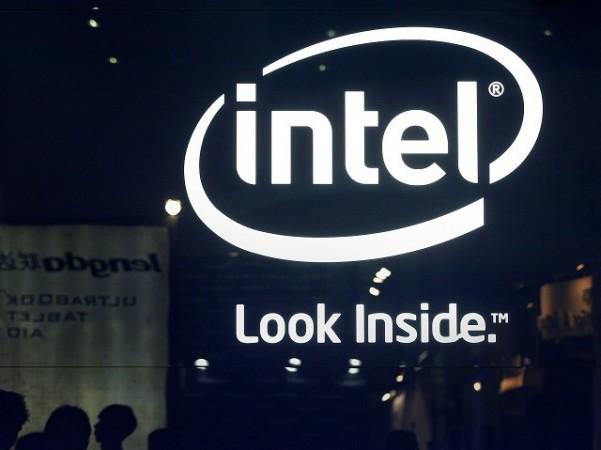
Intel Corp is close to announcing an investment in Chinese-government affiliated mobile chipmakers Spreadtrum Communications and RDA Microelectronics, its latest move to catch up in a smartphone chip industry led by Qualcomm Inc, according to two sources with knowledge of the plan.
It was unclear how much Intel is paying or what portion of the companies the U.S. chipmaker is buying. The acquisition could be made through Tsinghua Unigroup, a government-affiliated private equity firm controlled by Tsinghua University in Beijing, one of the sources said. Tsinghua Unigroup owns Spreadtrum and RDA.
Intel, which has struggled to gain traction in the smartphone and tablet market, recently has sought to partner with mobile chipmakers in the hope they can help it gain the market dominance it has enjoyed with personal computers.
An Intel spokesman declined to comment. Tsinghua Unigroup did not respond immediately to a request for comment.
This week there have been several reports in China of a potential deal, including one on the sina.com.cn news portal quoting unnamed sources as saying Intel would get 20 percent of Tsinghua Unigroup for $1.5 billion.
The Beijing government has said in published policy papers it views semiconductors as an industry of vital strategic importance and hopes to spur its development domestically. China is the world's largest smartphone manufacturer and smartphone market.
Intel, under Chief Executive Brian Krzanich, has pursued an array of deals and strategies to ensure its chip technology gets into more smartphones and tablets. The newest investment comes less than six months after Intel reached an agreement with Chinese chip maker Rockchip to make inexpensive tablet chips with Intel's architecture and branding.
Since taking over as Intel's CEO last year, Krzanich has also opened the chipmaker's prized, cutting-edge factories to paying customers. More recently he has struck partnerships in the fashion world with companies such as Fossil Group and Opening Ceremony to design stylish smart clothing.
"Intel's new CEO has proven to be willing to take on new partnerships and approach new business opportunities that stray from prior conventions," said Suji Da Silva, an analyst at Topeka Capital Markets. "They should do as much of this as they need to be in markets that are important to them."
While Intel excels at developing processors for laptops and desktop computers, it has less experience designing "system on chips" or SoCs, the key processors on mobile devices, which combine features such as modems, WiFi and memory.
The company's stock has risen 32 percent this year, in part because of stabilization of demand for personal computers.
With demand for smartphones cooling in the United States, manufacturers have increased their focus to China, where demand is strong for handsets priced under $150.
Spreadtrum is one of several chipmakers that specialize in "turnkey" smartphone platforms that are easy for manufacturers to use.
Intel's shares were down 1.47 percent at $34.24 in late-afternoon, in tandem with U.S. stock markets.

















